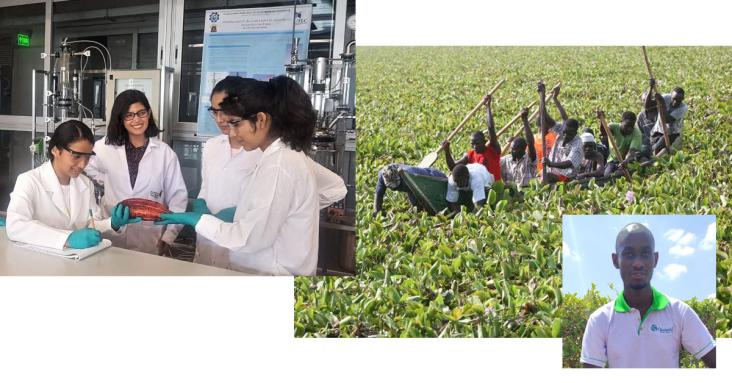Solar PV Power, Design, Manufacturing and Applications from Sand to Systems, 2021, Pages 267-315


Partner content
Global CitizenGlobal Citizen, 27th October 2020
Wolf-Peter Schill is Deputy Head of the Energy, Transportation, Environment Department at the German Institute for Economic Research (DIW Berlin), where he leads the research area Transformation of
Background: Approximately 2·8 billion people are exposed to household air pollution from cooking with polluting fuels.
Electric Vehicles for Smart Cities, Trends, Challenges, and Opportunities, 2021, Pages 181-247
